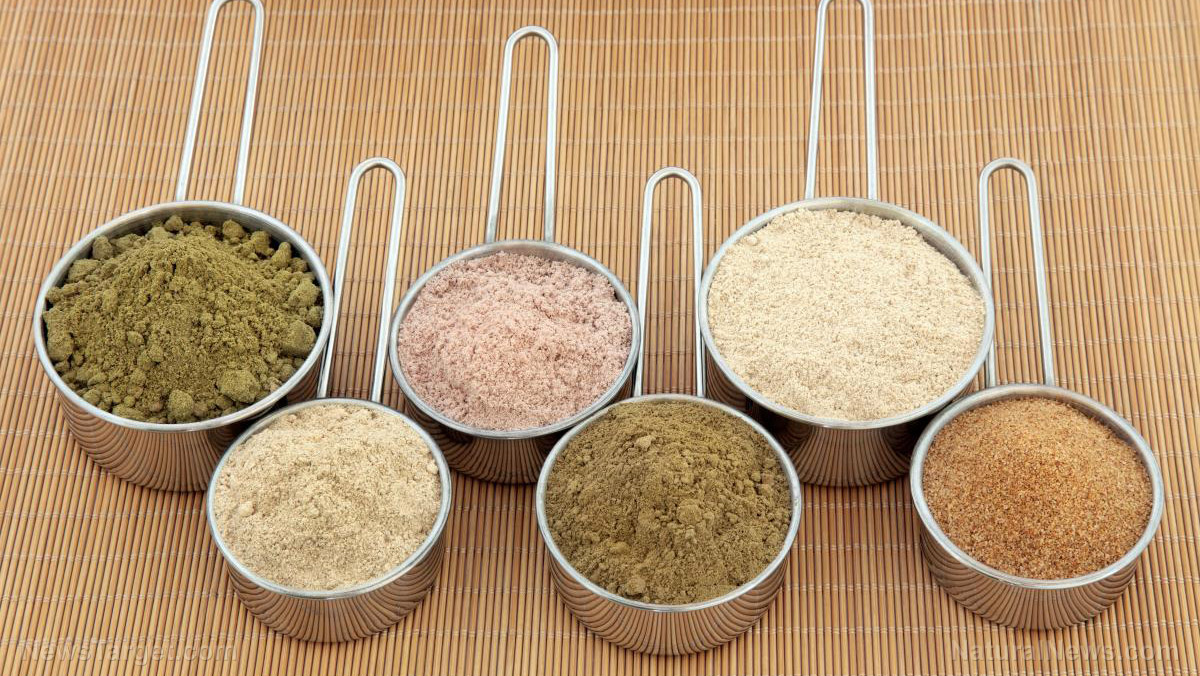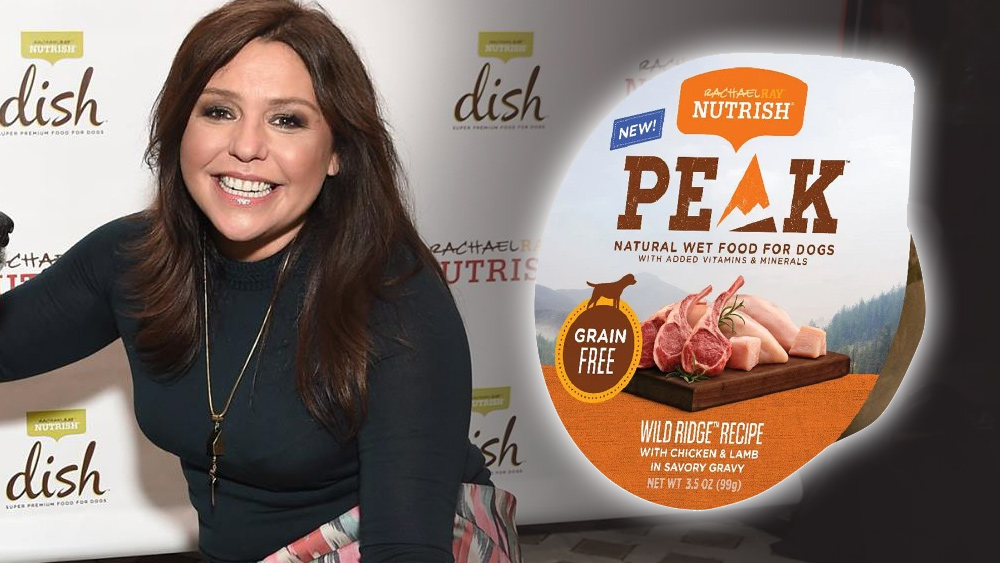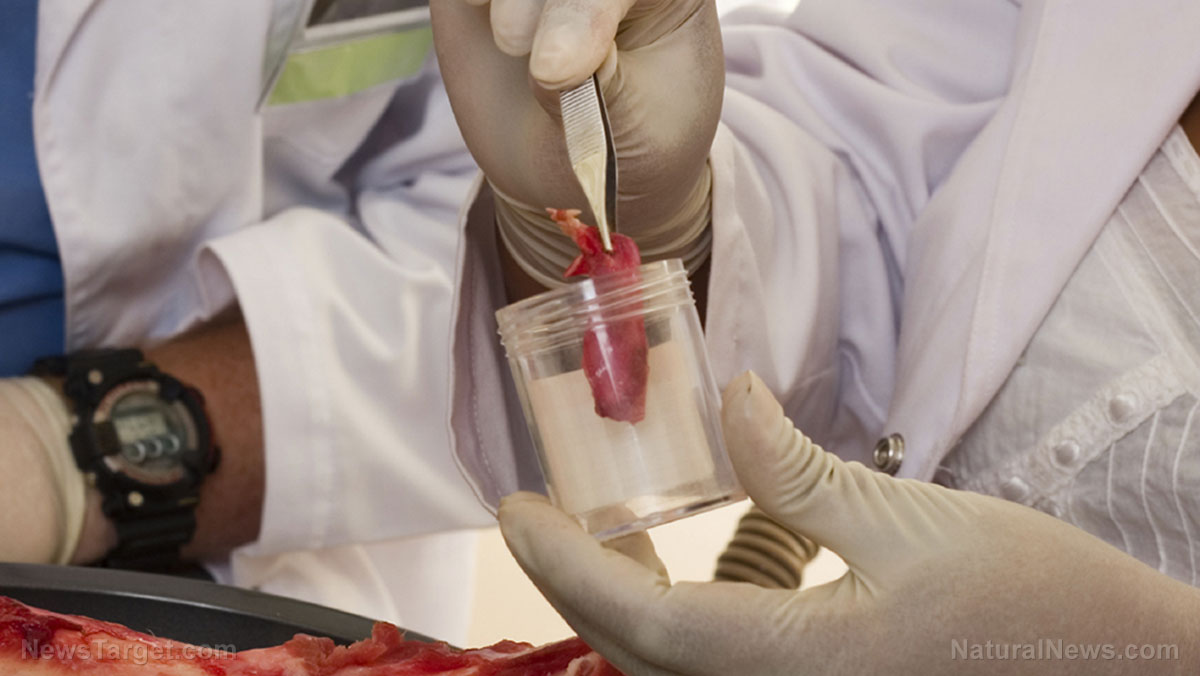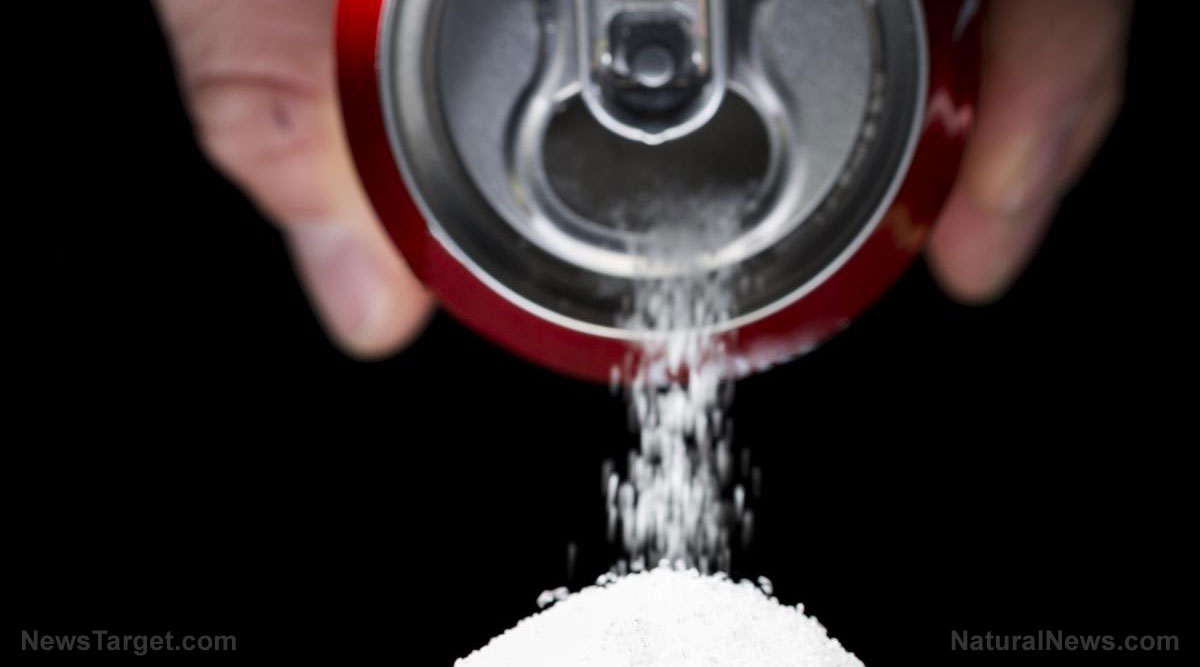Motives and funding of a Clean Label Project lab study that condemns over 100 protein powders now called into question
03/26/2018 / By Isabelle Z.

A recent study released by the Clean Label Project condemning more than a hundred protein powders might be alarming on the surface, but a closer look at the report is leaving experts with a lot more questions than answers.
In the study, the group looked at 134 of the top-selling protein powders and found that many plant-based options contain higher levels of heavy metals as well as other toxins. According to their findings, 75 percent of the plant-based proteins they studied had “measurable” levels of lead, and they claim the plant-based powders had roughly twice the amount of lead as other products on average. In addition, they reported the presence of arsenic, mercury and cadmium. In contrast, only 10 percent of whey proteins had lead, while none of the egg-based proteins did.
However, the group has not been forthcoming in providing the raw data from its study, such as the actual ppb of the elements they allegedly found, so it’s hard for scientists and other experts to make conclusions. They’ve also failed to share their methodology, making it hard to replicate their findings, and their report was not peer-reviewed.
“The Clean Label Project is practicing dishonest ‘black box’ science that is grossly misleading consumers and falsely condemning protein powders which are very clean,” stated Mike Adams, the Health Ranger, lab science director of a leading analytical food science lab (CWClabs.com) and author of the No. 1 bestselling science book Food Forensics. “The claim that elements are ‘measurable’ is quack science nonsense. All foods contain measurable levels of lead if your instrument is sensitive enough. What counts isn’t whether elements are ‘measurable” but the actual concentrations,” Adams explained. “When conducting tests via ICP-MS, raw concentration numbers in parts per billion are readily available to the science lab, yet the Clean Label Project is deliberately withholding these data from the public while gaining publicity and donations by spreading a false scare story that would be readily contradicted by those data if they were released,” Adams warned.
He also stated that he’s authoring an upcoming article on Science.news that will expose the “science deception” of the Clean Label Project, and what he calls, “a sloppy food smear science con” being perpetrated by the Clean Label Project. (Adams is the pioneering food scientist who first sounded the alarm on heavy metals in rice protein nearly five years ago. In doing so, he publicly released the raw ppb concentration numbers of toxic elements found in various protein powder brands, which have since been reformulated thanks to an industry agreement negotiated by Adams with protein powder manufacturers.)
Even more suspiciously, the group has refused to reveal its sources of funding for this particular study, so questions are inevitably arising about who stands to gain from painting plant-based proteins in such a negative light. After all, the egg- and dairy-based protein powders fared far better in the study, and it’s precisely these industries that have been taking a hit in recent years as consumers gravitate toward plant-based options.
Searches for “plant-based” items at online retailers such as Amazon and Walmart tripled between March 2016 and July 2017. Is it just a coincidence that this shady study has suddenly emerged to strike panic in people’s minds?
Trace amounts of some heavy metals occur naturally in soil
The Natural Products Association (NPA) has sent a cease and desist letter to the group to keep them from circulating the questionable report. The NPA’s executive director said their use of the term “detectable levels” was an attempt to make their findings appear “scandalous and salacious.” He added that their statements are defamatory.
It’s important for consumers to keep in mind that “detectable” levels of contaminants aren’t necessarily dangerous. The Council for Responsible Nutrition’s Dr. Andrea Wong said that it’s not at all surprising to find certain naturally-occurring compounds in plant-based proteins because plants naturally absorb the minerals from the soil where they grow. Because the group is refusing to release its raw data, no one can say for sure whether the levels they found are dangerous or not.
Dr. Wong added that she’d like the group to explain its apparently “subjective” star rating system. They used a scale of one to five to assess the brands studied. One brand, Vega, scored well on three out of four measures, including nutritional completeness, but was nevertheless given a one-star rating.
Consumers are understandably wary of the chemicals found in their foods. In recent years, reputable labs like CWC Labs have been very transparent in sharing their findings regarding dangerous levels of heavy metals and other toxins in foods and supplements. Those who use protein powders tend to be more concerned about their health than the general population, so it’s only natural that this body of consumers would want to ensure they aren’t putting anything toxic into their bodies.
However, this appears to be little more than a scare tactic to help dairy- and egg-based proteins recoup some of the ground they’ve lost to their plant-based counterparts in recent years. The huge lack of transparency here makes their findings essentially worthless.
Sources for this article include:
Tagged Under: arsenic, cadmium, Clean Label Project, ICP-MS, lab science, Lead, plant-based protein powder, protein powders, questionable studies




















